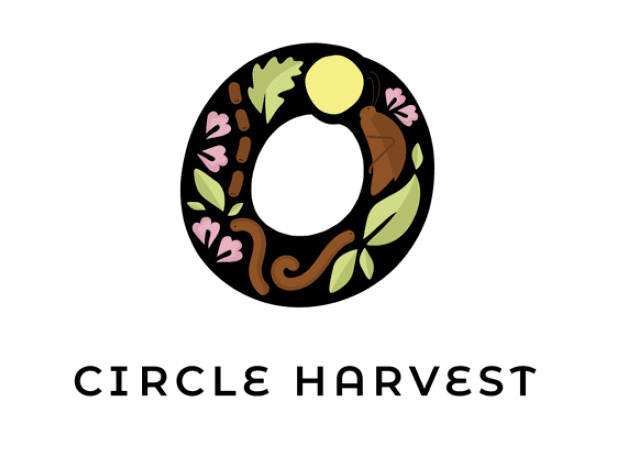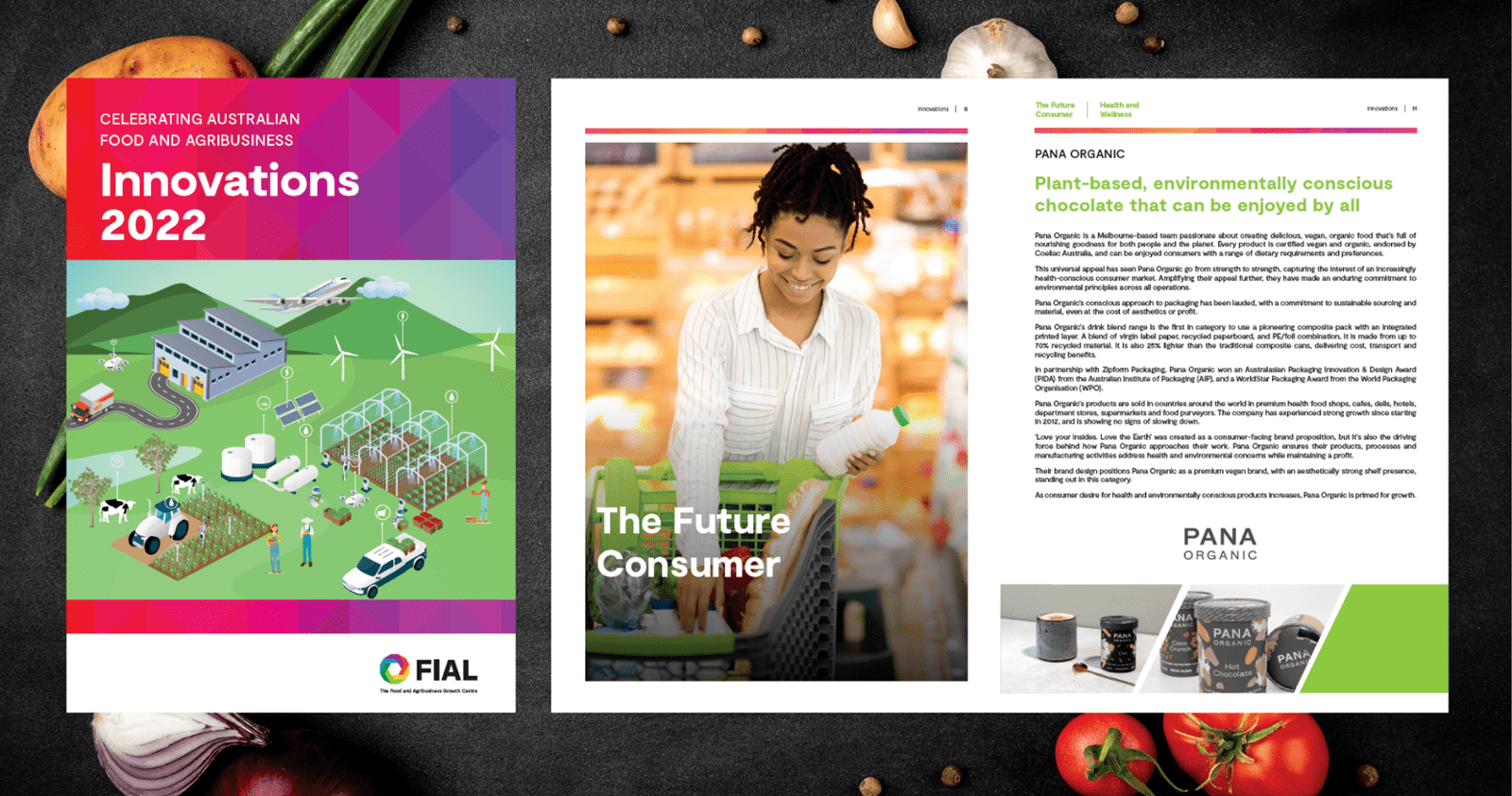Alternative proteins are forecast to capture 10 per cent of global meat consumption in the next decade.
As consumer behaviours change, Australia has an opportunity to shift its protein supply mix, and value-added products made from plant protein to be a key player in global markets.
Circle Harvest is Australia’s first farmer of insect proteins. Edible insects are a great source of protein. Circle Harvest’s Cricket Protein Powder contains a whopping 69 per cent protein. Compare this to the average value of meat protein at around 22 per cent, and the opportunity is clear.
Circle Harvest retails cricket corn chips, protein powders, sweet and savoury mealworm and cricket snacks, high- protein cricket-based pasta, granola, cookie mixes, dukkha, and ant candy. The aim is to help consumers incorporate insect protein into their everyday diet. It sells online and through commercial supermarkets, including Macro Cricket Powder at Woolworths supermarkets.
Edible insects are so rich in nutrients – three times the amount of Omega 3 as spinach, twice as much calcium as milk, and more iron than spinach – that they are also considered superfoods. Their potential is enormous. CSIRO predicts the Australian insect industry to increase to AUD$10 million annually in the next five years.
Moving the appeal of edible bugs away from novelty to serious product has been made easier through participation in multiple business assistance programs, including the FIAL-supported MARS Foods ‘Seeds of Change’ Accelerator programme. Novelty insect lollipops have given way to more market-friendly grocery items using insects as a key nutritional ingredient.
Expert business and marketing advice from FIAL and other industry experts has seen demand grow. In 2019, the business moved to a new farm to increase its capacity from 200kg of edible insects a week to 10,000kg. Now Australia’s largest and most advanced insect protein farm, it has developed robotics and artificial intelligence to streamline its farming processes and process the insects into powders, oils, pastes, and even a mylk.



